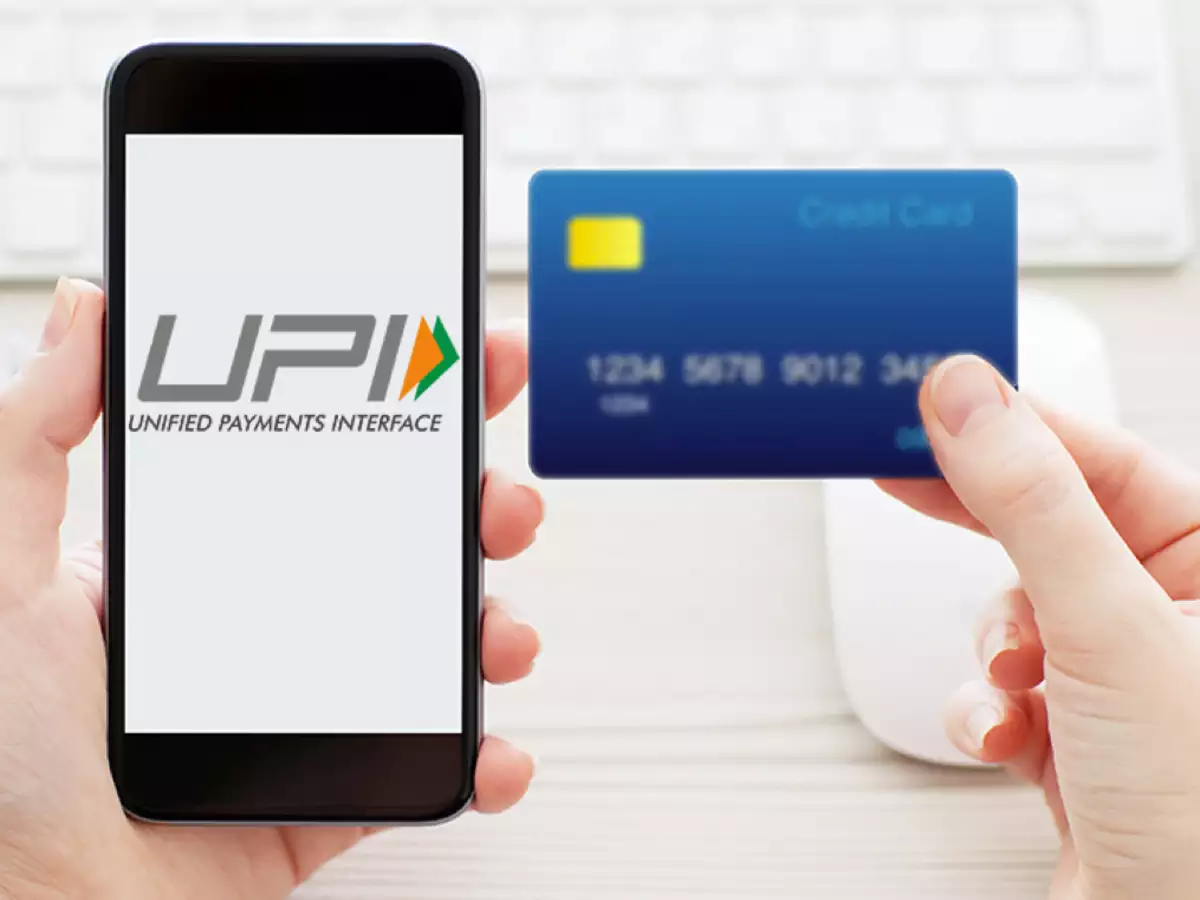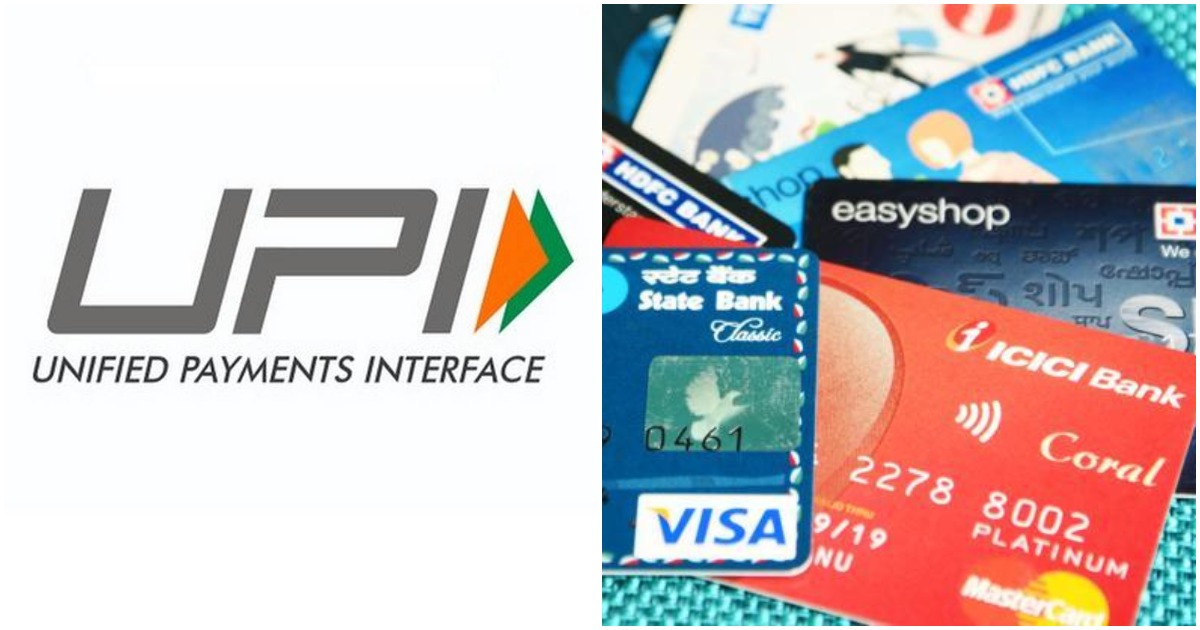The Reserve Bank of India has recommended allowing credit cards to be linked to the Unified Payments Interface (UPI) (UPI). RBI Governor Shaktikanta Das announced the integration in his monetary policy statement on Wednesday, saying it will start with the indigenous RuPay credit cards. The National Payments Corporation of India, which manages both the RuPay network and UPI, is in charge of both (NPCI).

Given UPI’s extensive acceptance, industry analysts predict that linking UPI and credit cards might result in credit card usage skyrocketing in India. In India, where a number of companies such as Slice, Uni, One, and others have arisen in recent years, the connection also gives new ways to build credit on UPI using credit cards. The move might possibly be an attempt to boost acceptance by leveraging UPI’s enormous user base. UPI has only been linked to debit cards and bank accounts so far.
“This will provide users more convenience and broaden the reach of digital payments,” Das added.
Before the connection can take place, various regulatory issues must be resolved. It’s unclear how the Merchant Discount Rate (MDR) would be applied to UPI transactions made using credit cards, for example.
The MDR is a fee that a merchant pays to their issuing bank for taking credit and debit card payments from their consumers. According to a rule that has been in place since January 2020, UPI and RuPay transactions are subject to zero-MDR, which means that no fees are charged to these transactions, which is one of the main reasons for UPI’s widespread acceptance by both users and merchants.
The payments industry, on the other hand, has objected to the standard, claiming that it restricts aggregators’ capacity to “invest in and maintain the financial infrastructure” of the payment environment they have created. Other card networks, such as Visa and Mastercard, may not have been onboarded to UPI for credit cards yet due to the availability of zero-MDR on UPI.
“With over 26 crore unique users and five crore businesses on the network, UPI has become India’s most inclusive mechanism of payment.” UPI has made unprecedented growth in recent years. Many other countries are cooperating with us to implement similar policies in their own countries,” RBI Governor Das remarked.
UPI conducted 5.95 billion transactions worth more than Rs 10 trillion in May, a new high since its inception in 2016. NPCI expects to conduct a billion transactions per day in the near future. Furthermore, even as the central bank raises interest rates to combat rising inflation, such a move might be geared at promoting credit-driven spending in the country.

